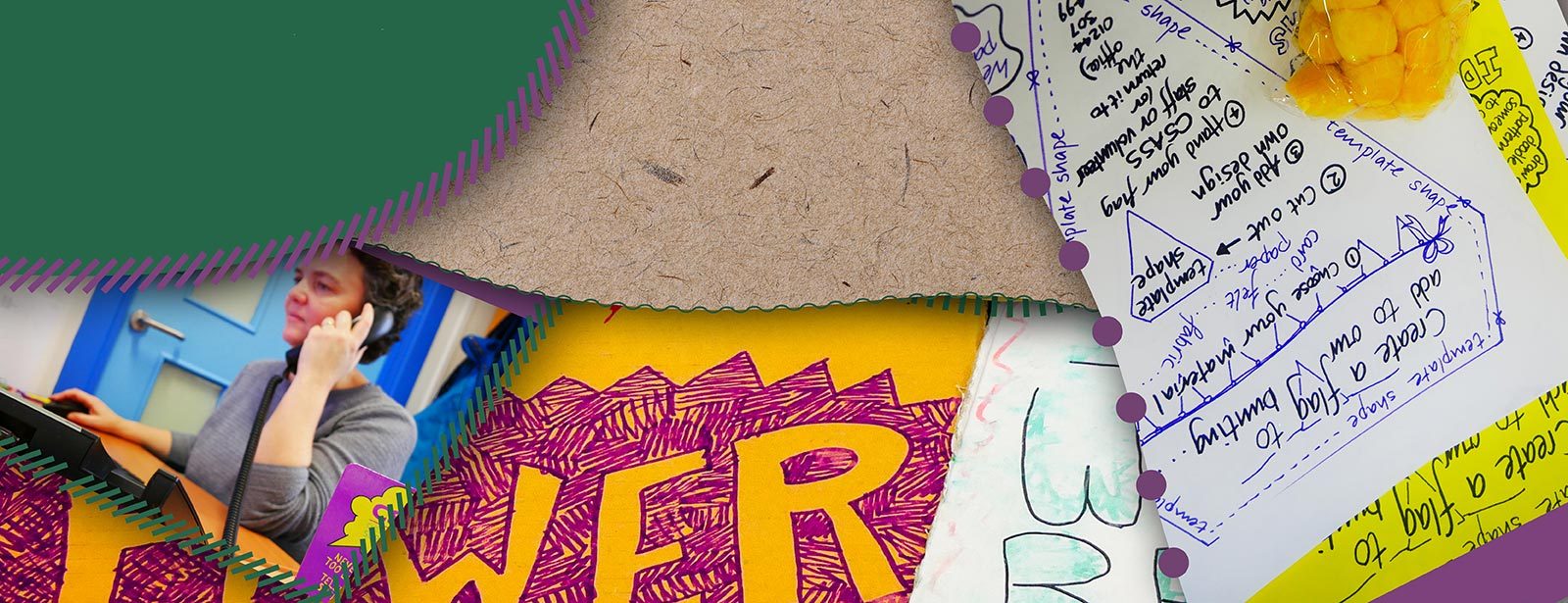Staff, volunteers, and trustees from CSASS attended the conference virtually this year, and it was quite an experience! We asked our delegates to share a little of what they learned.
Professional development – practical suggestions, new ideas, or insights from survivors or other centres, to help us improve the way we work:
- A workshop on language used in our sector highlighted that a person who has experienced sexual assault/trauma may not wish to be described as a victim or a survivor. Or they may identify with either term on different days depending on what is going on for them.
- Terminology used could move from legal or clinical words like ‘clients’ and ‘disclosure’ to be more user friendly, and remove the notion of us (providers) & them (survivors)
- Don’t overlook the idea of survivors supporting survivors – lots of issues and also benefits for survivors and those providing support
- Running on-line groups – how do we manage confidentiality and safety?
Hearing about new research and information, while sometimes shocking and challenging, keeps us up to date:
- The workshop on working with ‘older’ survivors of sexual violence shocked and highlighted the lack of research and support offered to ‘older’ people. Attitudes appear to have been that when a person reaches a certain age they are no longer considered at risk of sexual harm. This is not the case. Any person from birth to death is at risk.
- 60+ is considered elderly. Over this age, abuse can be termed ‘Elder Abuse’ rather than sexual violence, so it isn’t always recognised or recorded. Stereotypes around age are ingrained.
- 10% of women will experience non-fatal strangulation at some point in their life.
- The influence of freely, easily accessible porn, on young people in particular – the vicious false dichotomy facing teenage girls to adopt and fall in with the ‘f**k me’ image or reject that and feel left out and lonely
- Language, structures and lack of accountability in some minority religions and cultures can make it additionally difficult to recognise and report childhood sexual exploitation or abuse
Ideas for how we can better organise or manage our organisation:
- Survivors could be more involved in co-production, from design to development to delivery of services
- As a women’s organisation, we need a culture where we can talk openly about menstruation and menopause, and how they affect our lives and work, if we need to – or want to.
Inspiration for campaigns, awareness-raising or events:
- #womendontlieaboutrape
- Shall we invite artist Viv Gordon to come to Chester next year, and bring her beautiful paper dolls participatory installation, to raise awareness about childhood sexual abuse? https://www.vivgordon.com/cutting-out.html#
- Visiting the dentist can be traumatising for survivors. Could we do some work to help with this? Training for dentists? What could help survivors?
The conference always helps us remember we are part of something bigger, and to feel proud and inspired!
- ‘The conference helped me to feel connected to the wider RCEW community’
- What we are doing is remarkable – we need to tell people about it more!

